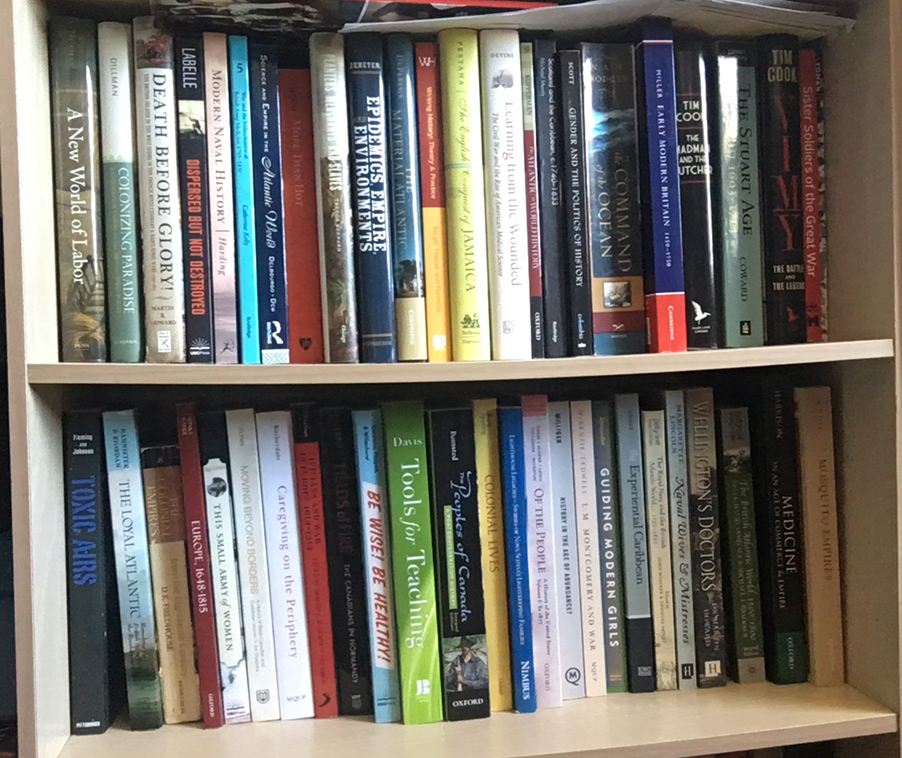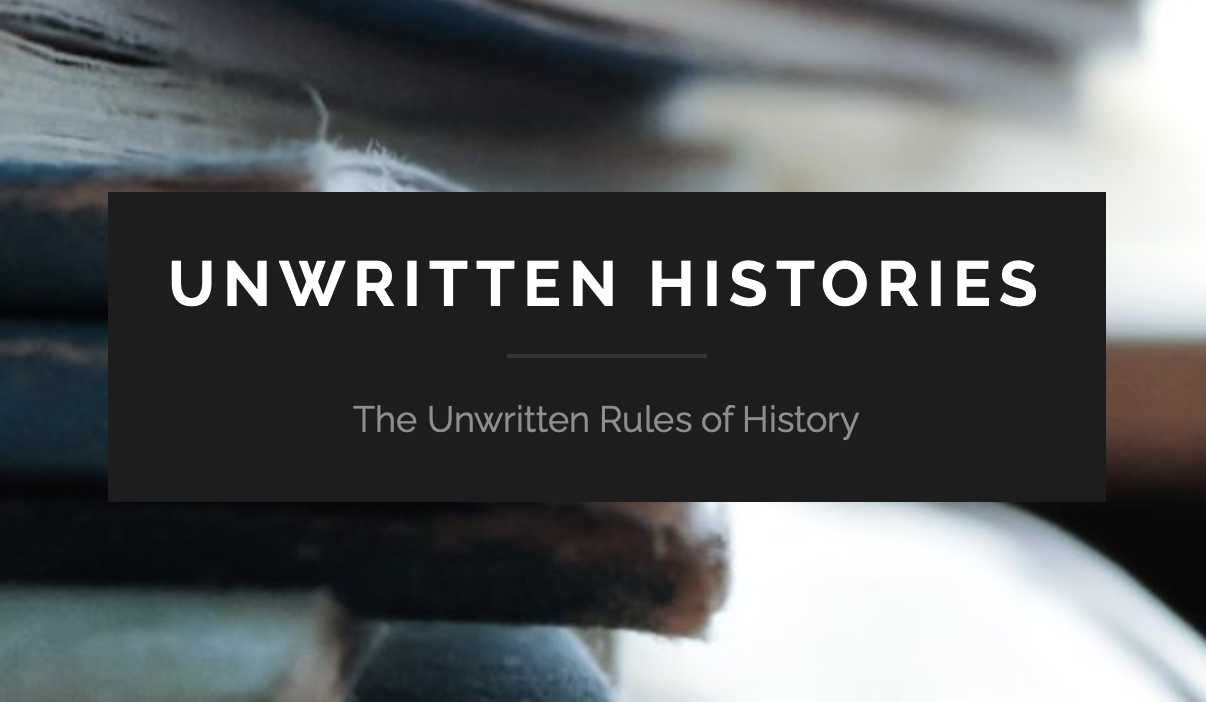Active History
Where have all the Books Gone? Research and Writing During the Pandemic
This is the third post in the Pandemic Methodologies series. See the introductory post for more information.

Nursing Clio
Peer-reviewed publications
Black Before Florence: Black Nurses, Enslaved Labour, and the British Royal Navy, 1790-1820
Part of the Beyond Florence series that examines nursing history beyond Florence Nightingale.
Proper Nurses: Regulating Nursing Care in the Royal Navy and the British Army in the 18th Century
The American Association for the History of Nursing is so pleased to partner with Nursing Clio for this special series, which showcases some of the innovative and diverse work being done by historians of nursing across the world.
Environmental History Now
Politics of Nature: Ventilation, Ideas of Health, and 18th-Century British Miltiary and Naval Hospitals
This post is part of a series on Politics of Nature, edited by Emily Webster, in which contributors explore the diverse and complex relationships of humans and their nonhuman environments, as they are framed by politics, broadly construed. The series showcases the ways in which thinking about, writing about, and acting within nature has affected these relationships.


UnWRITTEN HISTORIES
Forgotten Carers: How digital methodology illuminates female nursing in 18th century British Naval Hospitals
Today’s essay comes to us from Erin Spinney, who will be discussing how the Digital Humanities help tell the stories of nurses who served in eigtheenth-century British naval hospitals. This year’s CHA was the first time I really had an opportunity to learn about Erin’s work, and it is truly fascinating and immersing research. Enjoy!
NiCHE
Network in Canadian History and Environment
Women and the Prairies Landscape
This is the third in a series of articles on the 2018 Canadian History and Environment Summer Symposium. The symposium was held in Saskatchewan in early June and focused on the theme of “Prairie and Environmental Change in the Twentieth Century.”
Reflections On CHESS 2015 From A Recently-Converted Environmental Historian
As a PhD Candidate at the University of Saskatchewan I spend a great deal of my time surrounded by young and inspiring Environmental Historians. So when the call for applicants for this year’s Canadian History and Environment Summer School came out in March I received some gentle and not so gentle nudging from my fellow PhD students to apply. They made a strong case; that my work on military and naval nurses in the West Indies had many components of an environmental history.